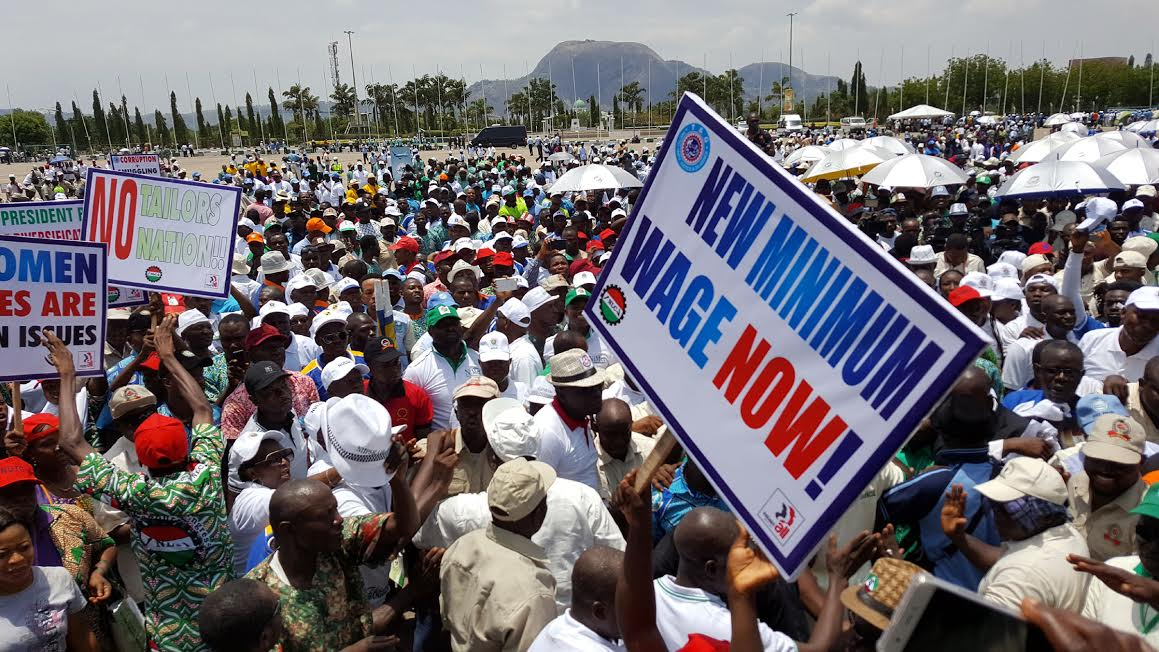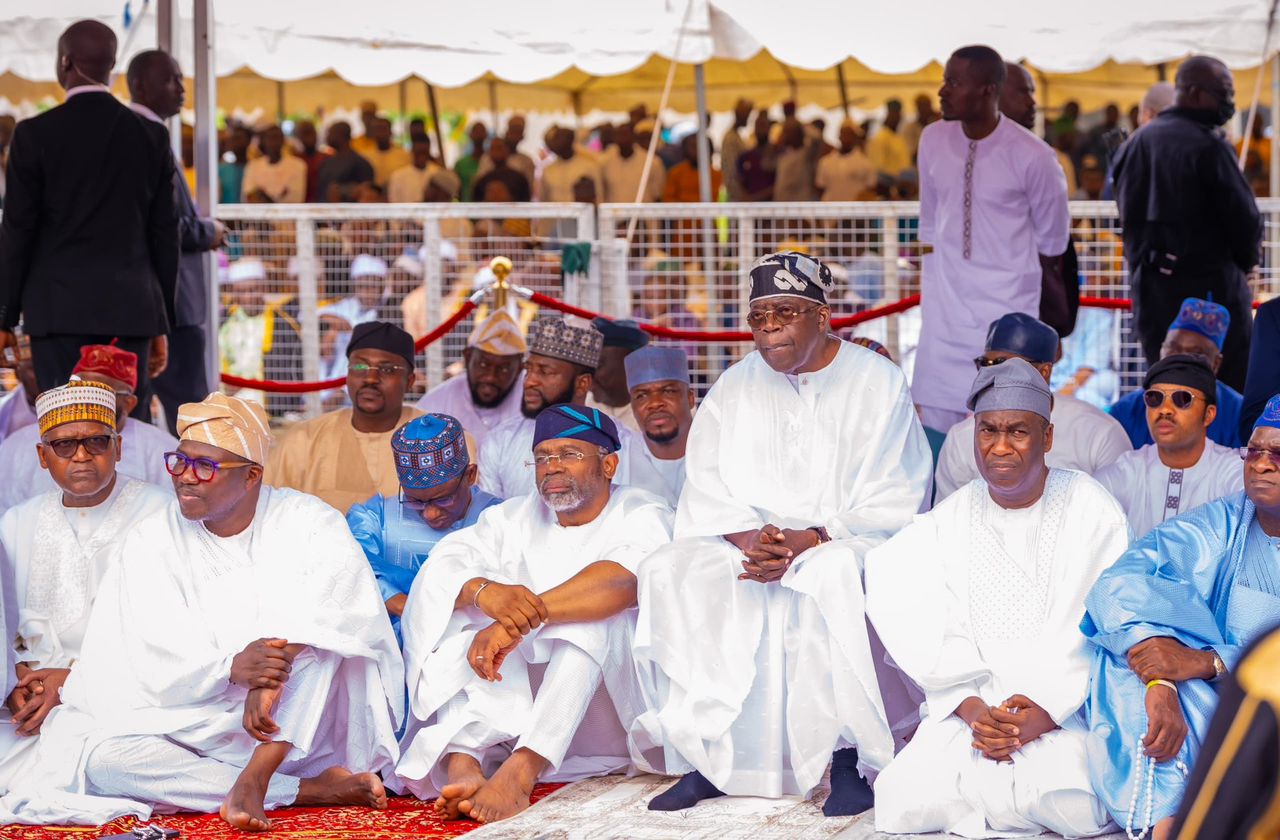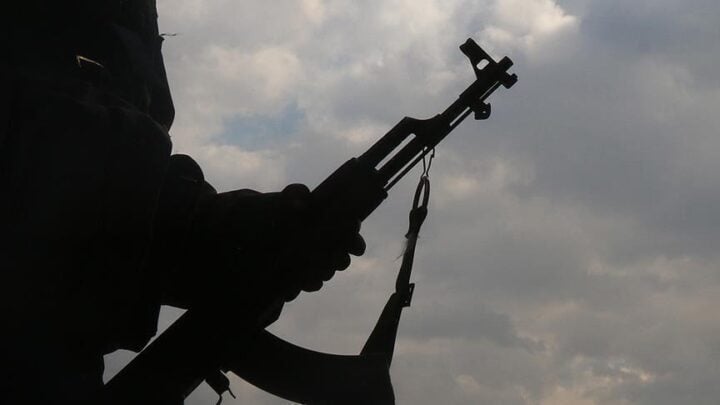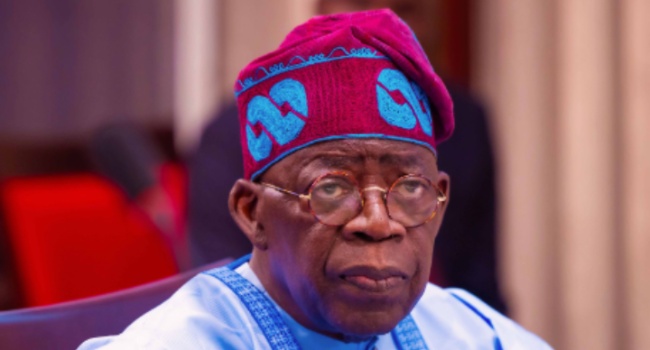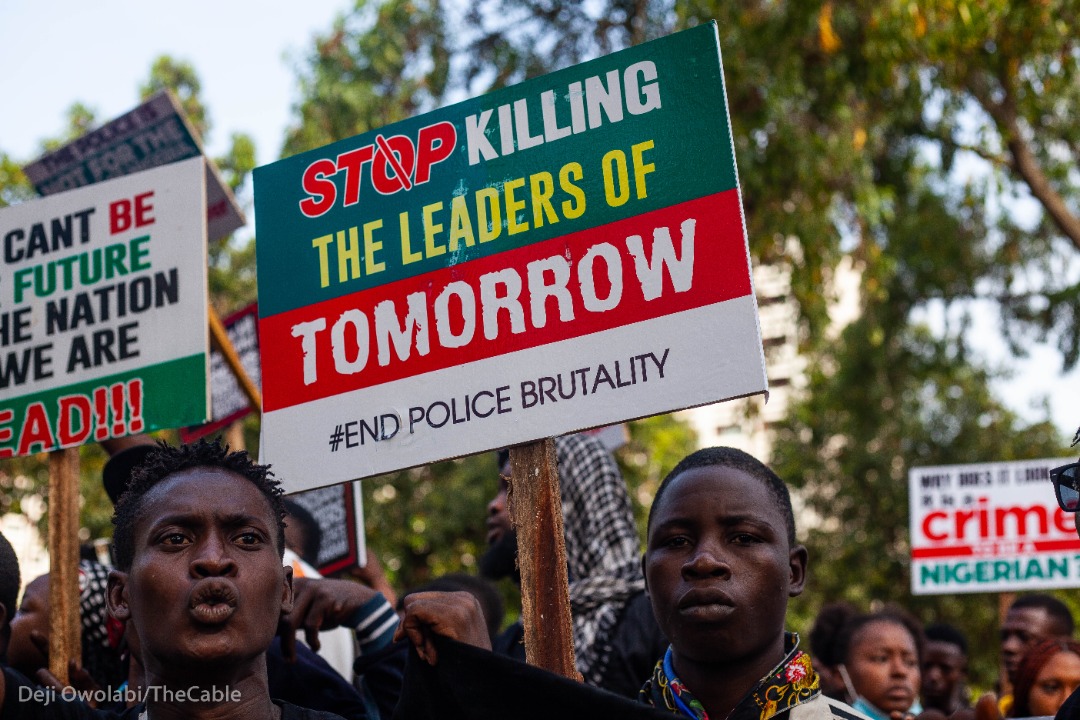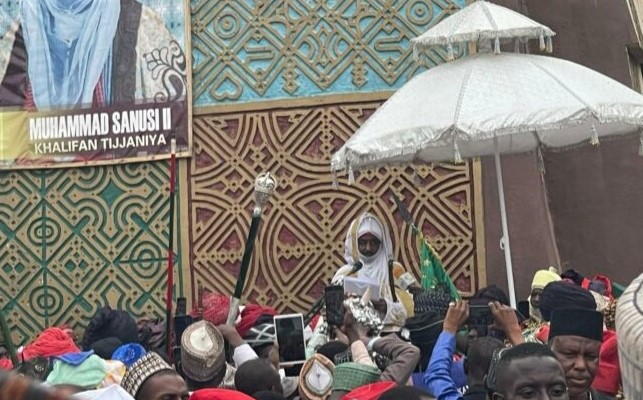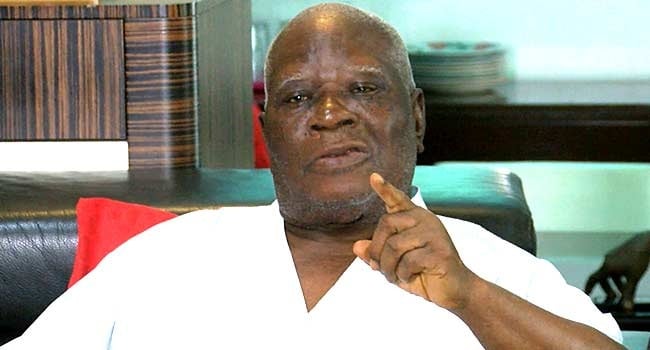"New minimum wage now"
The tripartite committee established by the federal government to review the minimum wage has urged labour unions to reassess their wage demands.
Speaking with NAN on Sunday, Bukar Aji, the committee’s chairman, asked labour to reconsider their position based on economic factors and the non-monetary incentives provided by the government.
Aji highlighted several incentives of the government, including the N35,000 wage award for all treasury-paid federal workers, N100 billion for gas-fuelled buses and gas kit conversions, a N125 billion conditional grant, financial inclusion for small and medium enterprises, and a N25,000 monthly stipend for 15 million households over three months.
He also listed the N185 billion in palliative loans to states to mitigate the effects of petrol subsidy removal, N200 billion to boost agricultural production, N75 billion to strengthen the manufacturing sector, and N1 trillion for student loans, among other interventions.
Advertisement
Aji called on the labour unions to consider accepting the N62,000 minimum wage offered by the federal government.
He said the committee is trying to avert a situation where the minimum wage would lead to further job losses, especially as many businesses are already struggling.
BACKGROUND
Advertisement
In January 2024, the federal government inaugurated a 37-member tripartite committee on the national minimum wage.
The committee was tasked with the responsibility of recommending a new minimum wage for Nigerian workers.
Over the past few months, the federal and state governments, organised labour and representatives of the private sector have been deliberating on a mutually acceptable sum.
However, the demand by organised labour is yet to be met.
Advertisement
On June 3, the Nigeria Labour Congress (NLC) and Trade Union Congress (TUC) embarked on a nationwide strike to protest the federal government’s inability to meet their demand.
Twenty-four hours later, the labour unions “relaxed” the strike by one week.
Both unions had earlier proposed N615,500 and N494,000, respectively, as the new minimum wage, which the federal government said was unrealistic.
On June 7, the federal government increased its offer from N60,000 to N62,000, while the labour unions insisted on N250,000.
Advertisement
